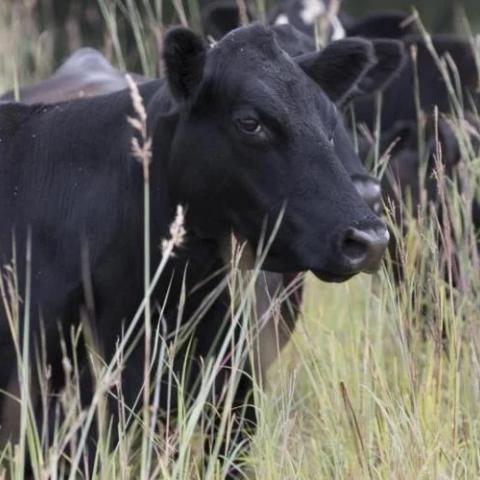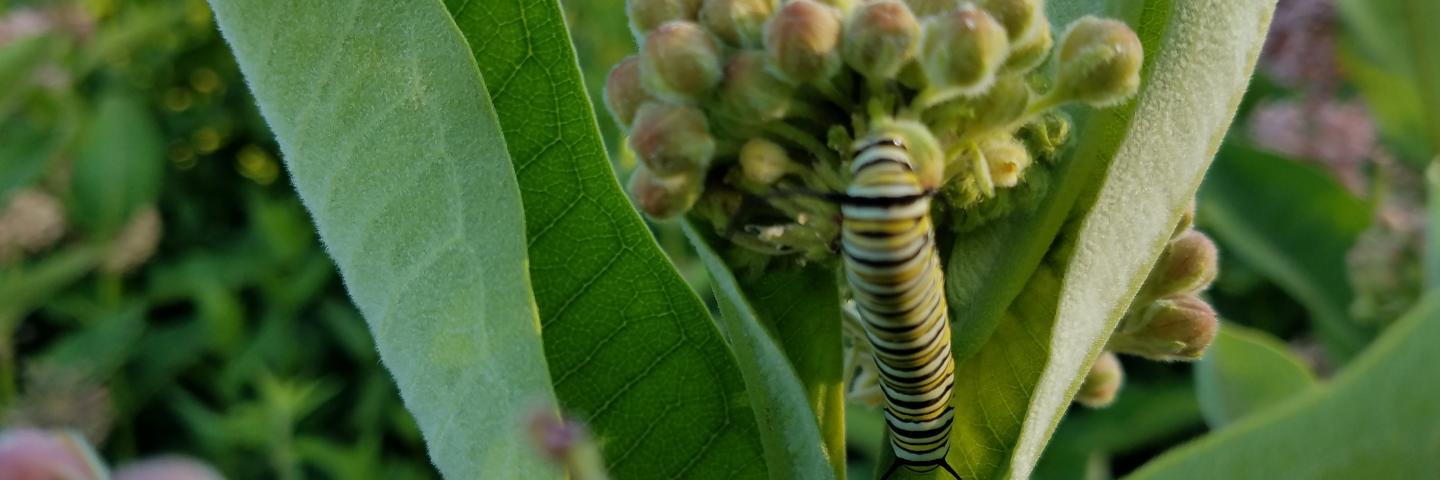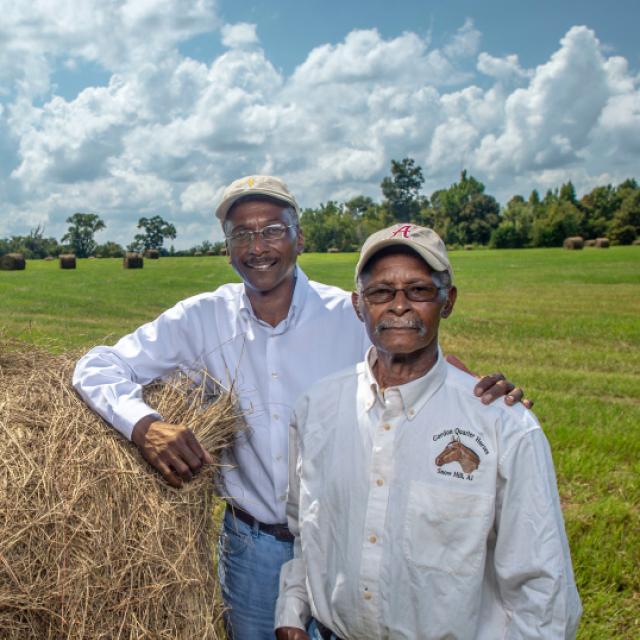
Press Release


The Environmental Quality Incentives Program (EQIP) provides financial and technical assistance to agricultural producers and non-industrial forest managers to address natural resource concerns
Applications are accepted on a continuous basis.
EQIP provides voluntary technical and financial assistance to agricultural producers and forest landowners to address natural resource concerns, such as:
Missouri NRCS will focus on the following targeted initiatives for this initial EQIP batching period:
The first step is to contact your local NRCS office. An NRCS conservation planner will schedule a visit to your property. They will walk the land with you to discuss your goals and review any resource concerns. Following the site visit, the conservation planner will develop a conservation plan that includes a variety of conservation practices or activities to address the resource concerns and management goals discussed.
Use the Service Center locator below to get started.
EQIP is NRCS' flagship conservation program that helps farmers, ranchers and forest landowners integrate conservation into working lands
Benefits
Implementation Videos
Initiatives
Technical Assistance
Getting Started
Fact Sheets
The Environmental Quality Incentives Program (EQIP) provides financial and technical assistance to agricultural producers and non-industrial forest managers.
Learn MoreThe Agriculture Improvement Act of 2018 (2018 Farm Bill) includes provisions that address socially disadvantaged, beginning, limited resource, and veteran farmers and ranchers (“historically underserved producers”).
Learn MoreThe 2018 Farm Bill was enacted on December 20, 2018. The Farm Bill continues its strong support for conservation efforts of America’s farmers and ranchers through reauthorization and expanded flexibility of NRCS conservation programs.
Learn MoreContact your local service center to start your application.
Do you farm or ranch and want to make improvements to the land that you own or lease?
Natural Resources Conservation Service offers technical and financial assistance to help farmers, ranchers and forest landowners.

To get started with NRCS, we recommend you stop by your local NRCS field office. We’ll discuss your vision for your land.
NRCS provides landowners with free technical assistance, or advice, for their land. Common technical assistance includes: resource assessment, practice design and resource monitoring. Your conservation planner will help you determine if financial assistance is right for you.
We’ll walk you through the application process. To get started on applying for financial assistance, we’ll work with you:
Once complete, we’ll work with you on the application, or CPA 1200.
Applications for most programs are accepted on a continuous basis, but they’re considered for funding in different ranking periods. Be sure to ask your local NRCS district conservationist about the deadline for the ranking period to ensure you turn in your application in time.
As part of the application process, we’ll check to see if you are eligible. To do this, you’ll need to bring:
If you don’t have a farm number, you can get one from USDA’s Farm Service Agency. Typically, the local FSA office is located in the same building as the local NRCS office. You only need a farm number if you’re interested in financial assistance.
NRCS will take a look at the applications and rank them according to local resource concerns, the amount of conservation benefits the work will provide and the needs of applicants. View Application Ranking Dates by State.
If you’re selected, you can choose whether to sign the contract for the work to be done.
Once you sign the contract, you’ll be provided standards and specifications for completing the practice or practices, and then you will have a specified amount of time to implement. Once the work is implemented and inspected, you’ll be paid the rate of compensation for the work if it meets NRCS standards and specifications.